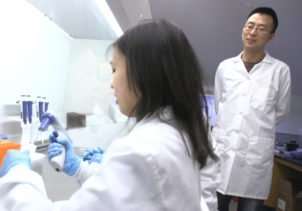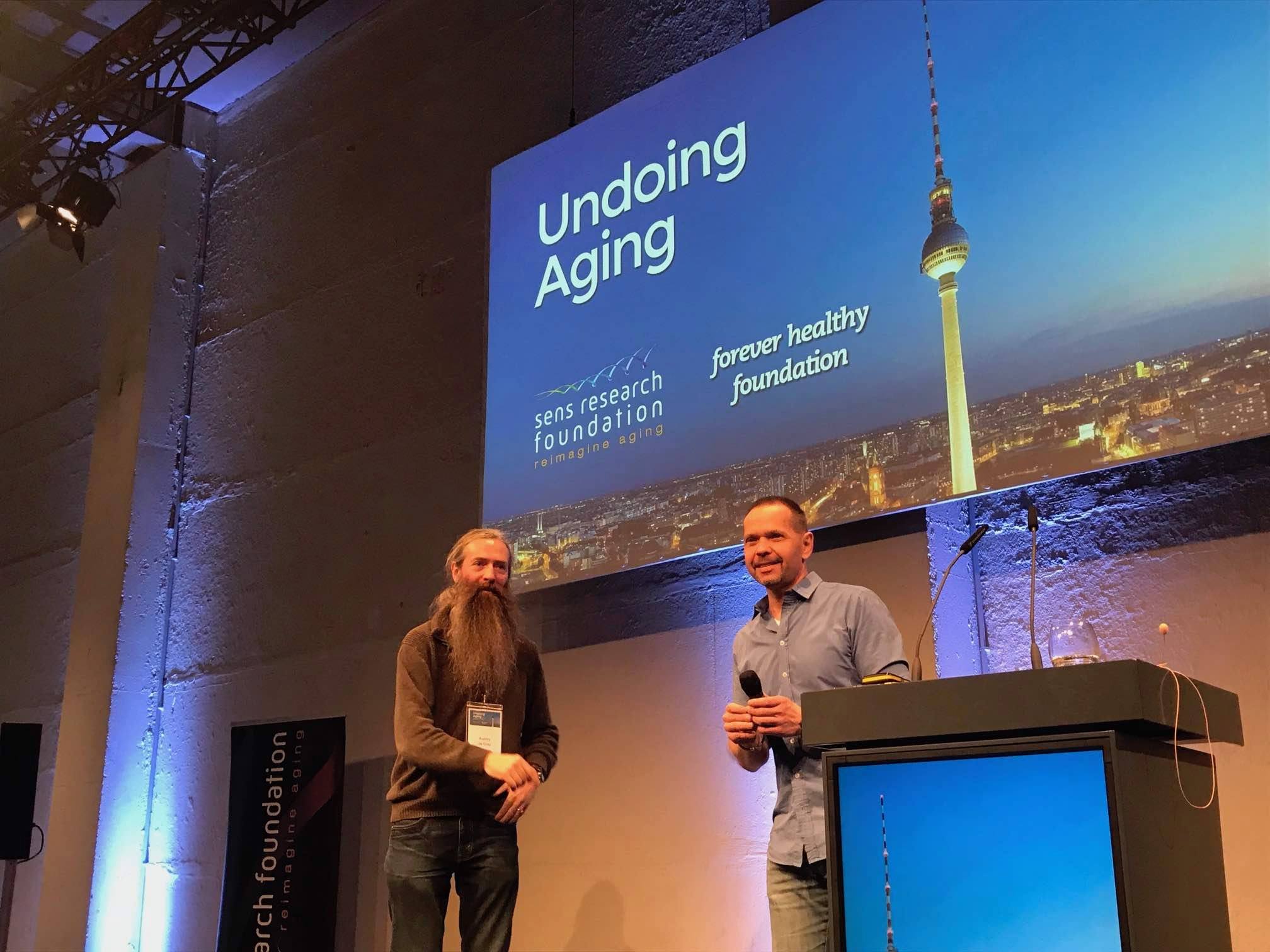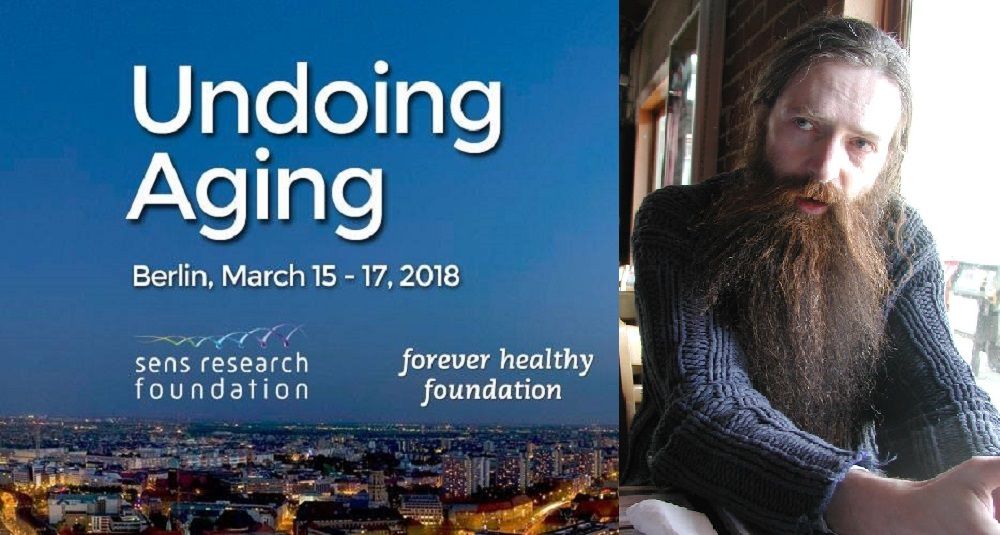March 19 (UPI) — Researchers in California have developed a retinal patch with stem cells to improve the vision of people with age-related macular degeneration.
In a clinical trial, researchers at the University of California Santa Barbara implanted the stem cell-derived ocular cells in two patients over the course of 12 months, publishing the results of the study Monday in the journal in Nature Biotechnology.
Macular degeneration, which affects the central, or reading, vision while leaving the surrounding vision normal, usually affects people over 50 years of age. The Centers for Disease Control and Prevention estimates that 1.8 million Americans aged 40 years and older have AMD, and it’s the leading cause of permanent impairment of close-up vision among people aged 65 years and older.









